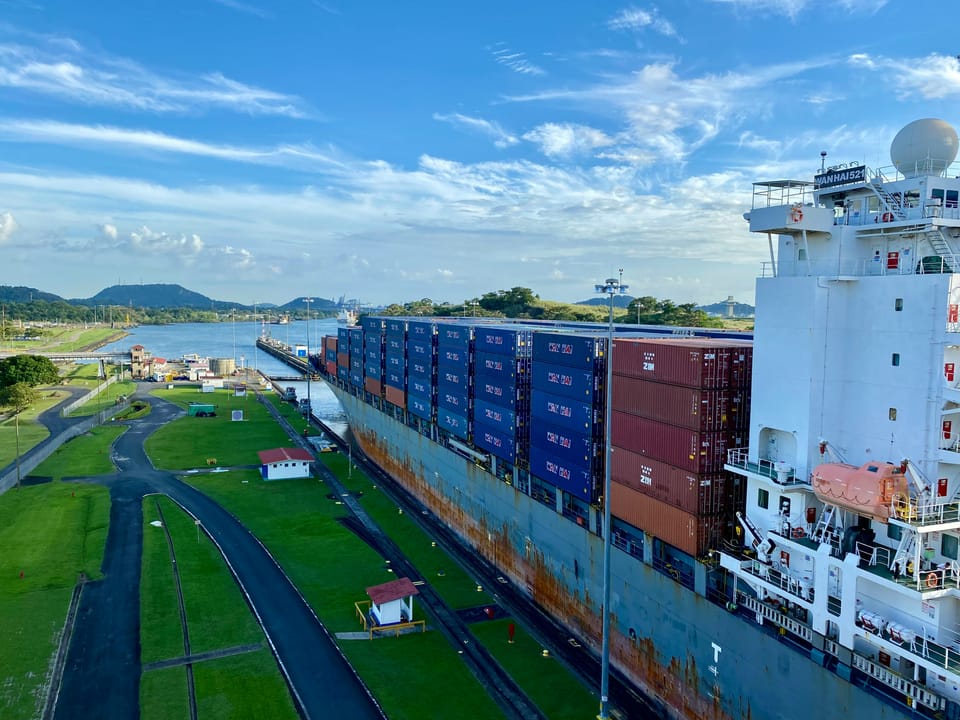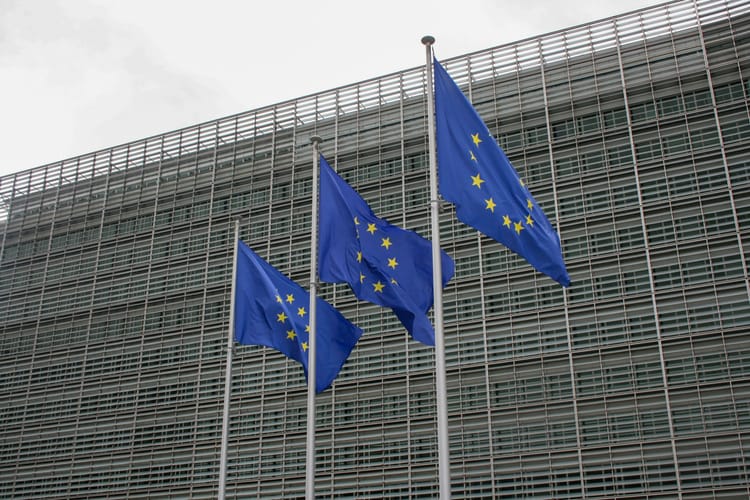Panama Canal names first Chief Sustainability Officer as drought affects traffic

The Panama Canal has appointed Ilya Espino de Marotta as its first Chief Sustainability Officer, in the midst of a severe drought that could cost it up to US$700 million this year.
The Canal is currently finalising its greenhouse gas emissions and climate risk assessments, and plans to set new short, medium and long-term targets from 2025, with a goal to achieve net zero emissions “by or around 2050”. The new CSO will lead the development of a sustainability strategy “focused on decarbonization, adaptation, and transition”.
Climate adaptation will be a particularly important part of Espino de Marotta’s job, as recent droughts have restricted traffic through the trade route: ship crossings have been cut by 36% and it is estimated that dipping water levels could cost the Canal between US$500 million and US$700 million in 2024.
“While the Panama Canal has long focused on sustainability, the accelerating implications of climate change require stronger action,” she said. “As an international trade hub, we have an opportunity to not only drive sustainability at the Panama Canal, but also help shape a more sustainable and productive ecosystem for global trade.”
Espino de Marotta has worked with the Panama Canal since 2002, having started as the first female engineer on the team and made her way to COO and most recently Deputy Administrator.
Besides appointing its first ever CSO, the Canal is also working to integrate responsibility for climate action across its leadership team and embed sustainability across the entire business – including over US$8.5 billion in expected capital investments through the next five years.
“Sustainability is not new for the maritime route, as the Canal’s legacy is rooted in, and depends on, sustainability. However, we recognize that we must be more ambitious, something we have been moving toward for some time. As the Canal, we have an outsized influence to enable the transformation of the maritime industry, and we see an opportunity in leadership to diversify, grow and improve the way we do business,” said Panama Canal Administrator Ricaurte Vásquez Morales.







Member discussion